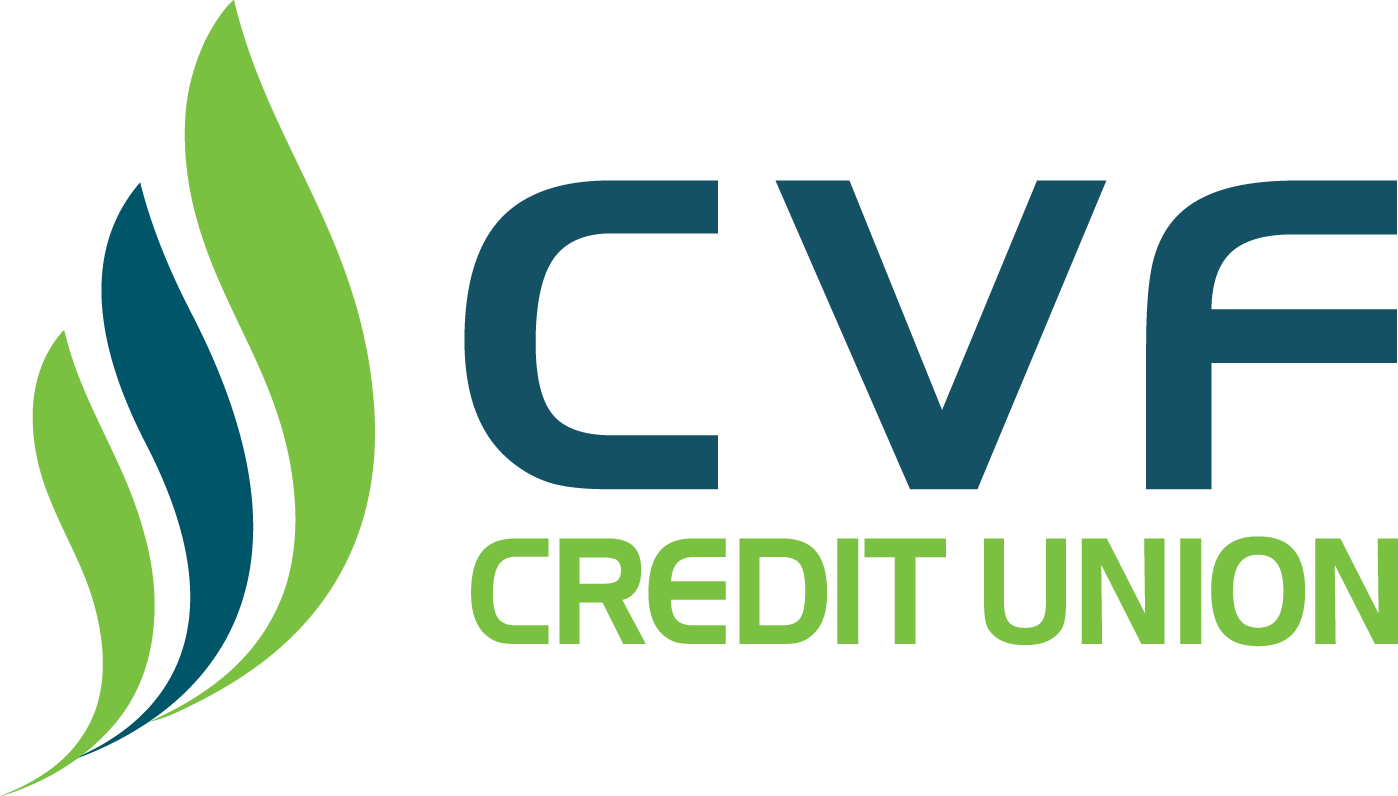
Frequently Asked: Does a pre-approval hurt my credit?
Many processes are involved in becoming a homeowner, especially if you want to apply for a mortgage. Some things may appear to be a hassle, especially if you are eager to move into your new house, but some steps must be taken at each level. One step that most people like to jump ahead of, but is typically required, is preapproval.
What is mortgage pre-approval?
Mortgage pre-approval is the process of determining how much money potential homeowners prequalify for when buying a home. It is theoretically the closest thing to validating your creditworthiness for a property without a purchase contract.
In order to preapprove you, lenders will take a look at your overall income, assets, credit score, and debt-to-income ratio. The information gathered will be used to determine what loans you could qualify for, how much you will be able to borrow, and what your interest rate will be.
What’s the difference between pre-approval vs. pre-qualification?
While people may use both terms interchangeably, they’re not exactly the same. Pre-qualification does not require you to provide as much information about your finances or credit history, and hence may not be completely accurate. Preapproval requires more documentation and is far more detailed in letting lenders know exactly what you would qualify for.
How does mortgage pre-approval work?
In order to get pre-approved for a mortgage loan, there are four things you will need to supply to your lender:
- Proof of assets – This is a combination of your cash and cash equivalent assets (savings and checking accounts, certificates of deposit, money market accounts, etc.), physical assets (cars, property, boats, jewelry, etc.), Non-physical assets (stocks, bonds, 401ks), liquid assets, fixed assets (furniture, antiques), equity assets (retirement accounts, mutual funds), and fixed-income assets (government bonds and securities).
- Proof of income – This typically includes your bank statements from the past two years, payslips or any proof of additional income, and tax returns.
- Credit history – Lenders usually require a credit score of 620 or higher to approve you for a regular mortgage loan: the higher your credit score, the lower your interest rate. If you have a low credit score, you will likely be required to pay a much larger down payment.
- Employment verification – Lenders want to be certain that you have a stable employment agreement before approving a loan. This could be in the form of a job letter from your employer verifying your salary and employment status, or even a phone call.
If you are self-employed, you will need to provide far more detailed paperwork to prove the validity of your business and earnings. This includes proof that the business can generate significant income that will enable you to make mortgage payments.
How mortgage pre-approval affects your credit
The truth is, a mortgage pre-approval does impact your credit score. Typically, pre-approval requires a hard credit inquiry, which may decrease your credit score by five points or less. However, it is not a huge price to pay when you seek a mortgage for your home, since pre-approval is a necessary step toward homeownership.
What’s the difference between a hard and a soft credit inquiry?
A hard credit inquiry will appear on your credit history when you have granted an institution permission to check your credit report to process a loan or credit application. It can also lower your credit score. On the other hand, a soft credit inquiry is not for the purpose of approval and can happen at any time. It also does not lower your credit score.
Ready to make that step toward homeownership? Contact us today to learn more.



